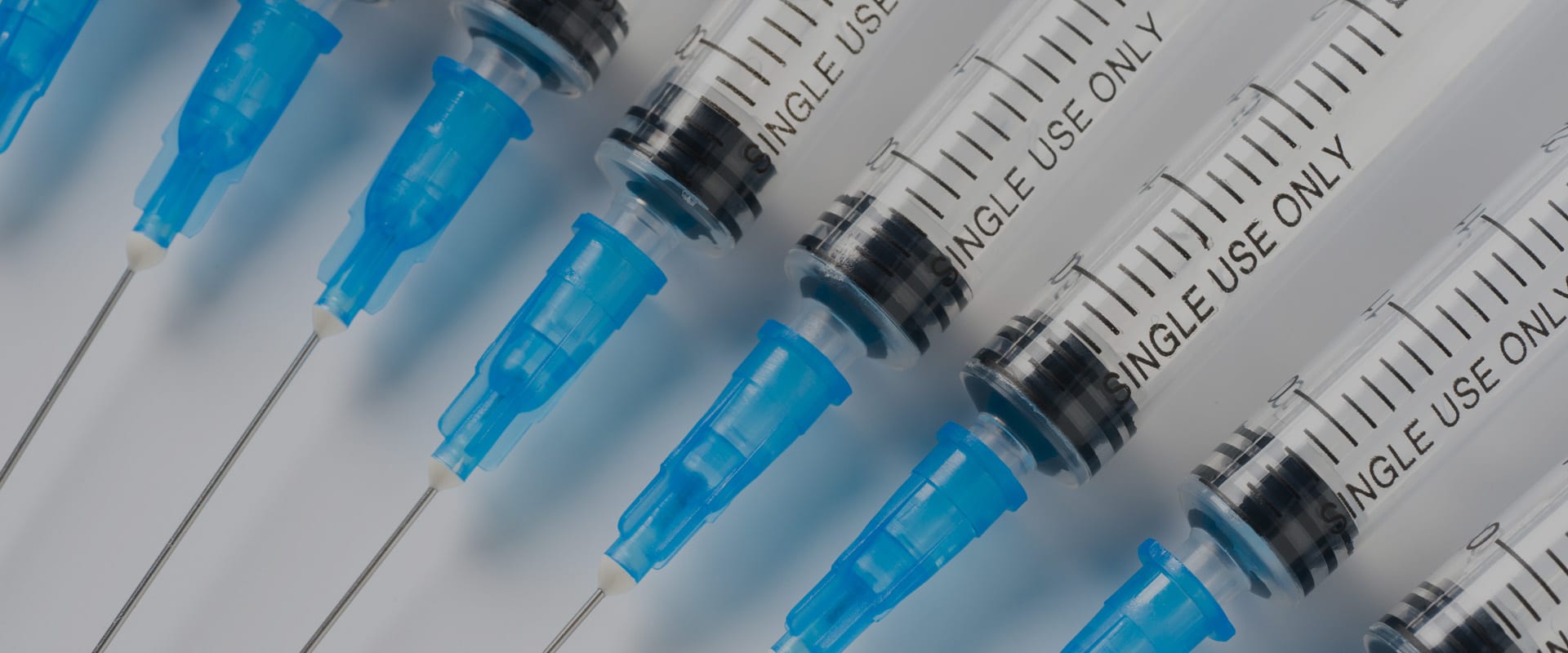Metal Works Brilliantly
Drug delivery devices have revolutionised how we take medication, making treatment more effective, accurate and patient-friendly. These devices range from simple mechanical systems to highly complex electronic devices. A critical aspect of their design and functionality is the incorporation of metal components. The precision, durability, and biocompatibility of metals make them indispensable in the development of drug delivery systems.

Precision and Durability in Manufacturing
One of the biggest reasons metals are preferred in drug delivery is their precision and durability. Metals such as stainless steel, titanium, and various alloys can be stamped to extremely tight tolerances, ensuring each component functions exactly as it should time after time. This often microscopic level of precision is crucial for devices like insulin pumps, inhalers, and auto-injectors, where even the tiniest of deviations can impact performance and patient safety.Metals are by their nature, strong and resistant to wear and tear, which is perfect for devices that must endure repeated use over extended periods. This durability ensures devices remain functional and effective throughout their life.
Biocompatibility and Safety
Metals used in drug delivery devices are selected for their compatibility with the human body. Materials like stainless steel and titanium do not react adversely when in contact with tissues and bodily fluids, minimising the risk of inflammation or rejection. This property is particularly important for implantable devices that deliver drugs directly to specific parts the body. Moreover, the safety profiles of these metals are well-documented through extensive research and clinical use. This track record provides assurance to manufacturers and regulatory bodies.
Role in Complex Mechanisms
Drug delivery devices often incorporate complex mechanisms to ensure precise dosage and controlled release of medications. Metals are essential in constructing these intricate parts due to their versatility. For example, springs, gears, and micro-valves within a device rely on the mechanical properties of metals to function correctly. In inhalers, metal components ensure the accurate release of atomised drugs, while in insulin pumps, they maintain the integrity of the pumping mechanism. These components must work flawlessly under varying conditions, and metals provide the reliability needed to achieve this. The ability to produce intricate and reliable mechanisms is testament to the critical role of metals in the design and operation of advanced drug delivery devices.
Maximising “Mini”
The ongoing innovation in drug delivery technology is pushing the boundaries of what’s possible, with a significant focus on miniaturisation. Again, metals are at the forefront of this, enabling the development of smaller, more compact devices that can deliver drugs more effectively. The strength-to-weight ratio of metals like titanium allows for lightweight yet robust components, essential for wearable and portable drug delivery systems.
Miniaturisation enhances patient compliance by making devices more convenient and less intrusive. For instance, smaller insulin pumps and patch pumps can be worn discreetly, providing continuous drug delivery without hindering daily activity. The precision machining capabilities of metals are critical in achieving the fine tolerances required for these compact devices, ensuring they function reliably despite their reduced size.
Regulation
The development and manufacturing of drug delivery devices are subject to stringent regulatory requirements to ensure safety and efficacy. Metals used in these devices must comply with various standards, including ISO 10993 for biological evaluation of medical devices and ASTM standards for material properties. The well-established regulatory frameworks for metals provide a clear pathway for compliance, streamlining the approval process for new devices. Manufacturers must also consider the sterilisation processes for drug delivery devices. Metals can withstand various sterilisation methods, including autoclaving, gamma radiation, and ethylene oxide, without compromising their structural integrity or functionality. This is great for maintaining the sterility and safety of drug delivery systems, particularly those intended for multiple use.
Exciting Times Ahead
The future of drug delivery devices is poised for some exciting advances, with metals continuing to play a central role. Research into new metal alloys and surface treatments aims to enhance biocompatibility and functionality further. For example, coatings that improve the corrosion resistance of metal components can extend the lifespan of implantable devices, while surface modifications can reduce friction in mechanical parts, enhancing the performance of wearable devices. Metals will be instrumental in developing sensors and electronic components that monitor drug delivery in real-time, providing feedback to healthcare providers and patients. These innovations will lead to more personalised and effective treatments, improving patient outcomes and quality of life. Their precision, durability, biocompatibility, and versatility make them great for developing reliable and effective systems. As the medical field continues to innovate one thing is certain; metals will remain firmly at the heart of drug delivery technology.

